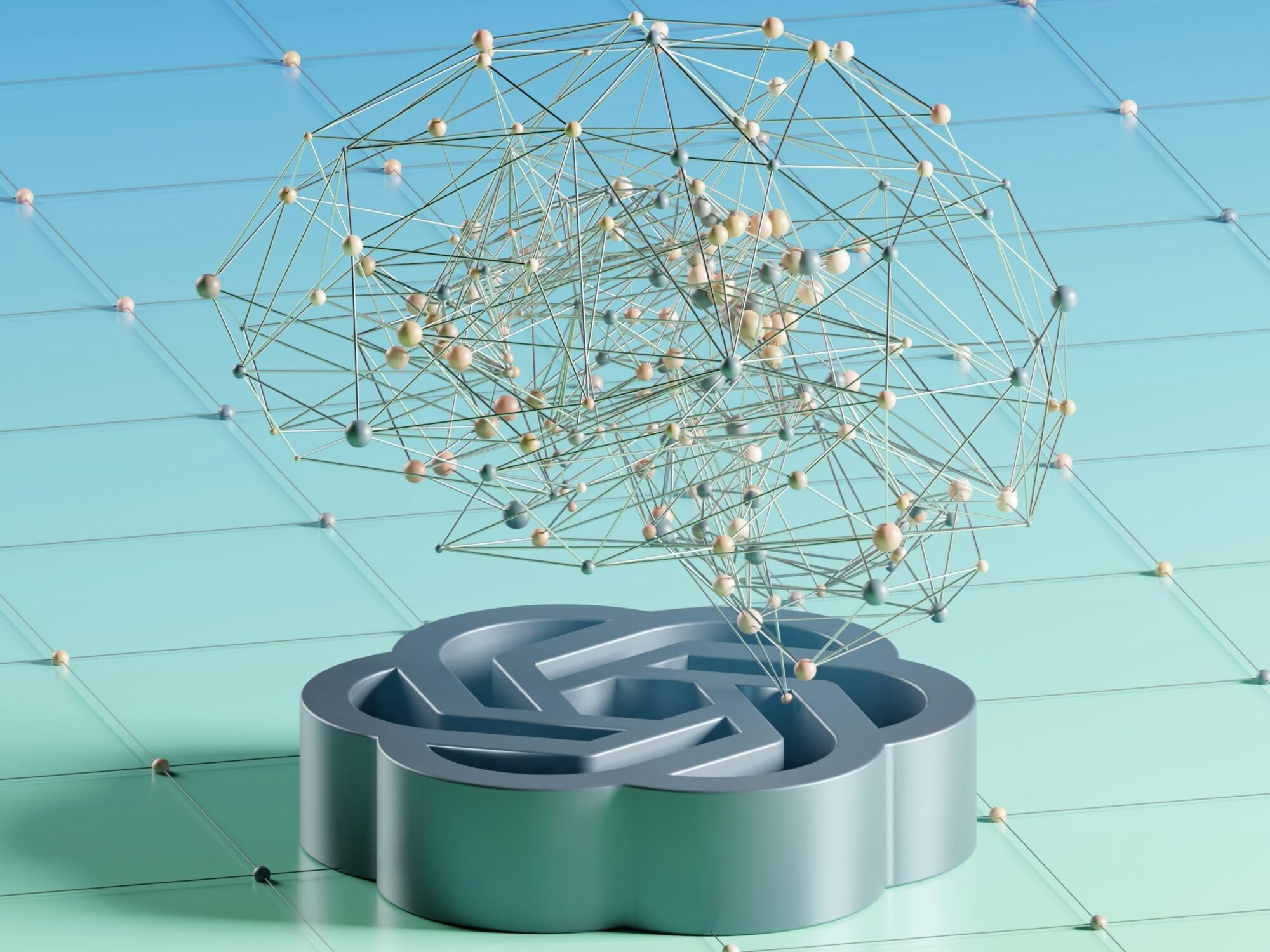Manufacturing facility, a start-up established in 2023 with the purpose of getting rid of traditional software program advancement traffic jams, is leveraging reasoning versions from OpenAI to enhance and optimize the development and maintenance of software.
The Factory System integrates OpenAI’s o 1, o 3 -mini, and GPT- 4 o designs directly right into its workflows, producing a development atmosphere that goes beyond simple code generation. Rather, it concentrates on understanding, retrieving, and reasoning with complicated systems.
This method has supposedly yielded excellent outcomes, including:
- 2– 4 x faster attribute growth cycles.
- 60 % decrease in context changing time.
- 10 + added hours weekly per developer throughout the software growth lifecycle.
“The versatility of offering o 1 and o 3 -mini for a variety of reasoning tasks has assisted us win business from clients looking for a software advancement device that permits smooth switching between designs with differing reasoning capacities,” claims Eno Reyes, Founder and CTO of Factory.
Tackling software advancement inadequacies with OpenAI
Traditionally, software program advancement has been obstructed by hands-on study, fragmented understanding, and lengthy iteration cycles. Designers often invest considerable time understanding dependences and validating system precision, rather than concentrating only on coding.
Before incorporating OpenAI’s thinking versions, Factory relied upon a mix of in-house services and standard devices. However, they came across numerous limitations:
- Planning traffic jams: The absence of automated methods to framework and coordinate growth steps.
- Code editing and enhancing ineffectiveness: Existing AI conclusions did not have the needed speed and accuracy for large-scale development.
- Inadequate understanding retrieval: Criterion search devices failed to effectively appear pertinent code snippets or documentation.
Manufacturing facility identified a chance to change this landscape by creating a system where AI extends past code suggestions to understand and reason about the entire software advancement procedure. They have actually developed a close collaboration with OpenAI to integrate sophisticated designs at every stage of the development lifecycle.
Optimizing the software application development lifecycle
Manufacturing facility purposefully deploys OpenAI’s models across various stages of the software application development lifecycle, choosing certain designs based upon their reasoning abilities, speed, and precision requirements.
- Exploration: Utilising OpenAI o 3 -mini for fast code understanding and documents searches, leveraging its rapid action times.
- Prioritisation: Using OpenAI o 3 -mini for pest triage and attribute evaluation, balancing thinking capability and rate.
- Planning: Leveraging OpenAI o 1 for intricate building choices and system design, capitalising on its high reasoning capabilities.
- Implementation: Integrating OpenAI o 1, o 3 -mini, and GPT- 4 o for code generation, editing and enhancing, and testimonials, with forecasted outputs reducing latency by 50 % for real-time coding help.
“We’ve found that giving designers versatility to select the ideal model for their particular job is important,” says Reyes. “For quick code evaluations, o 3 -mini gives nearly identical high quality to larger versions but at substantially faster rates, while complicated architectural preparation gain from o 1’s deeper reasoning abilities.”
Factory is also discovering reinforcement fine-tuning of o 3 -mini for code reranking and auto-injecting light-weight support to improve model conformity, thereby boosting precision in production-grade AI development.
“OpenAI’s thinking models allow us to move beyond simply code generation. We’re building an agentic development environment where AI can deeply comprehend, fetch, and act on design knowledge,” describes Reyes.
Towards independent software application development
Factory’s assimilation of OpenAI’s capabilities allows developers to reason through engineering difficulties, obtain essential expertise, and optimise operations. Its context-first style dynamically extracts insights from codebases, paperwork, and issue radar, reducing context-switching and cognitive expenses.
As opposed to browsing multiple tools, developers can access every little thing they need in a solitary system, enabling them to concentrate on high-impact jobs.
Factory’s future focus gets on achieving higher autonomy in AI-powered advancement. By incorporating indigenous tools throughout source control, job monitoring, group interaction, mistake tracking, and continual shipment pipelines, combined with thinking versions, they are developing AI systems efficient in proactively preparing, performing, and refining design tasks.
“The software application of the future will be built by people and AI, with each other, in one platform. With OpenAI’s thinking designs, we’re allowing developers to focus on higher-leverage job while AI manages the complexity,” wraps up Matan Grinberg, Co-Founder and Chief Executive Officer of Manufacturing facility.
See also: Google releases Data Science Representative to Colab individuals
Intend to discover more about AI and huge information from sector leaders? Check out AI & & Big Data Expo taking place in Amsterdam, California, and London. The thorough occasion is co-located with various other leading occasions including Smart Automation Seminar, BlockX, Digital Makeover Week, and Cyber Safety And Security & & Cloud Exposition.
Explore various other upcoming business technology events and webinars powered by TechForge right here.
